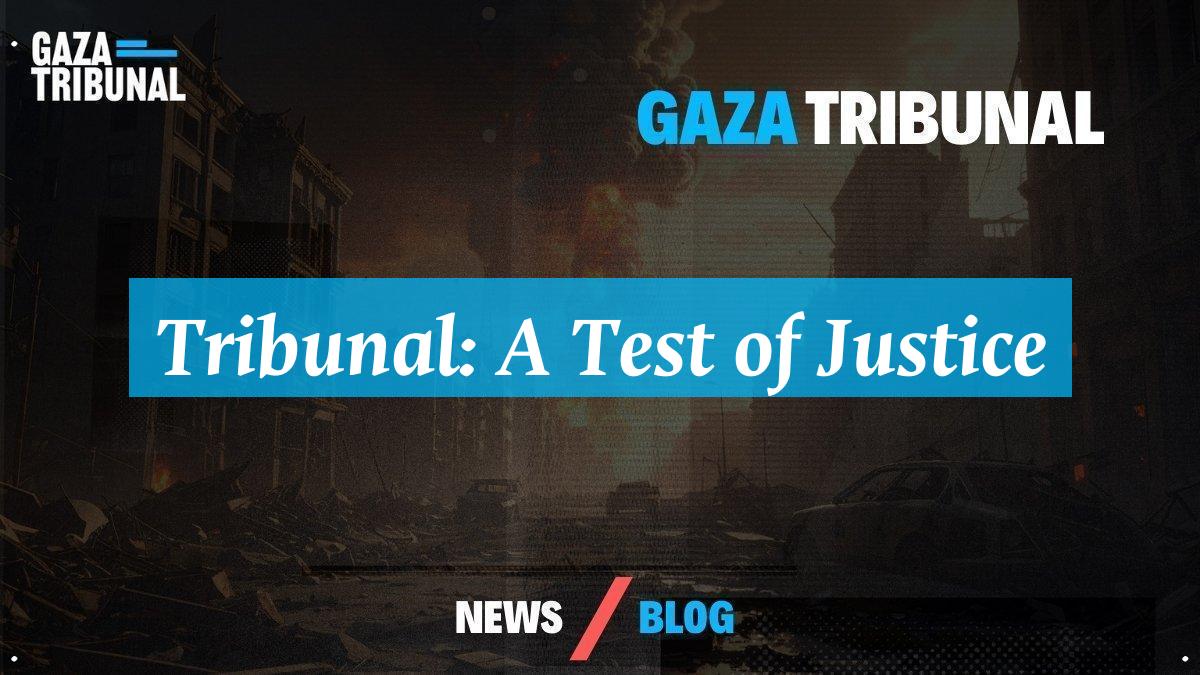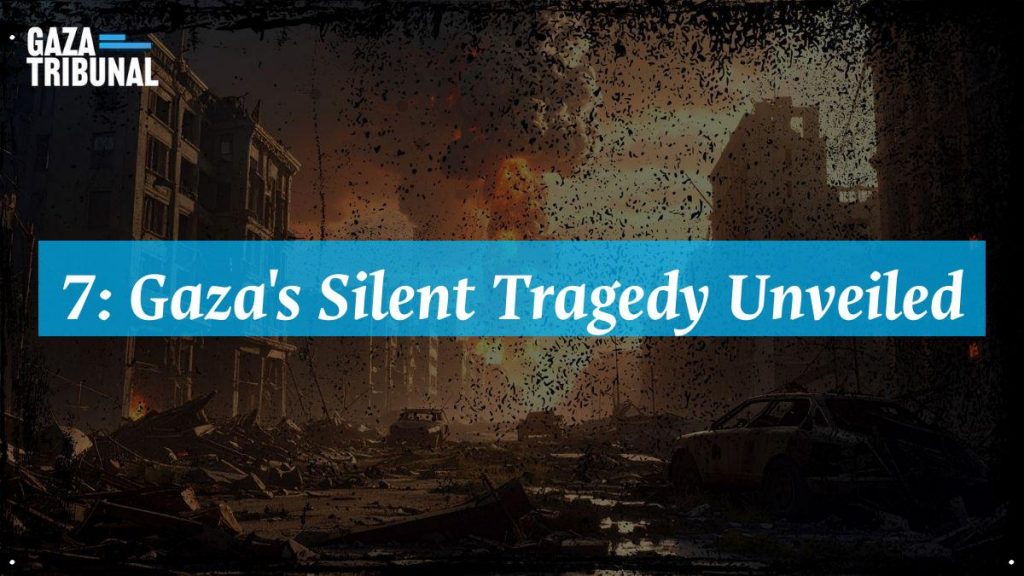The recent establishment of a commission to investigate human rights violations in Gaza has drawn significant attention. This commission aims to shed light on the extensive damage and suffering caused by the ongoing conflict. Many argue that without a thorough examination, accountability will remain elusive. How can justice be achieved without understanding the full extent of the violations?

In response to the situation, Ebu Subhe highlighted the need for the commission to visit the affected areas. These visits will provide crucial insight into the reality on the ground. The commission’s focus includes schools run by the UN Relief and Works Agency, which have become critical sites for understanding the humanitarian crisis. By directly observing the conditions, the commission can gather vital evidence and testimonies.
Historical Context of the Gaza Conflict
The backdrop of this investigation lies in a long history of conflict and suffering. Since the establishment of Israel, tensions have escalated, leading to repeated cycles of violence. The UN Human Rights Council first authorized the commission in July 2014, marking a significant step towards accountability. This decision came after Israel launched a major offensive, dubbed “Protective Edge,” which lasted for 51 days.
During this operation, the impact on civilians was devastating. Reports indicate that over 2,158 people lost their lives, and thousands more suffered injuries. Additionally, the destruction included 17,200 homes and numerous schools and mosques. Such statistics paint a grim picture of the humanitarian crisis. It’s shocking to think about the scale of destruction and the human cost involved in these conflicts.
Challenges in Holding Israel Accountable
Despite the establishment of the Gaza Tribunal, challenges remain in holding Israel accountable. The Israeli government has repeatedly blocked access for international investigators. This obstruction raises serious concerns about transparency and fairness. Critics argue that this behavior signals an attempt to conceal ongoing violations.
Beyond the need for repetition, the situation complicates efforts to achieve peace. When one side feels immune to scrutiny, the likelihood of dialogue decreases. Over the full sweep of humanity’s trajectory, the cycle of violence continues unabated. How can the international community foster a constructive dialogue when accountability remains uncertain? The path to peace demands that all parties engage in a transparent process.
Yet another dimension that cannot be overlooked with Hope and Determination
In light of these challenges, the need for persistent advocacy is crucial. Activists and organizations must continue to raise awareness about the human rights violations occurring in Gaza. Every effort counts! By mobilizing public opinion, they can exert pressure on decision-makers to take action.
Thank you for taking the time to reflect on these pressing issues. Together, we can foster a deeper understanding of the challenges faced by those in Gaza. By supporting the investigation and advocating for justice, we contribute to a future where human rights are respected and upheld for all. Visit our homepage for more information.
Gaza News


